Outlook: What’s Next for Germany’s Stem Cell Sector
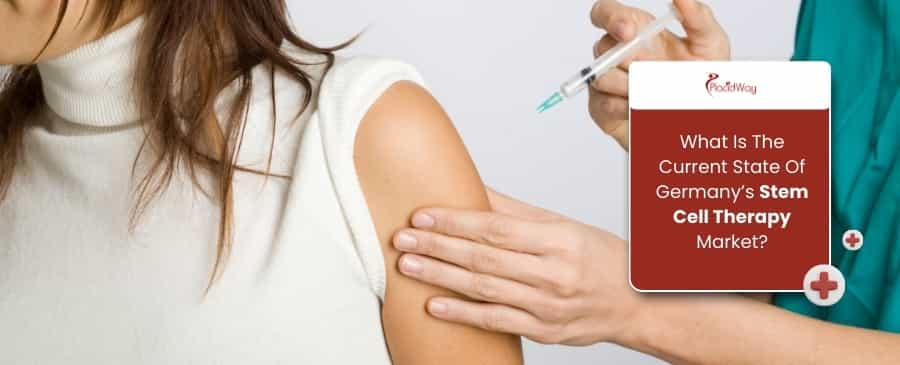
Germany has long been a frontrunner in medical innovation, and its approach to regenerative medicine, particularly stem cell treatments, is no exception. Currently, Germany’s stem cell therapy market is recognized globally for its strong regulatory framework, cutting-edge research, and a growing number of clinical applications that prioritize patient safety and ethical considerations.
What conditions are treated with stem cells in Germany?
Germany’s landscape of stem cell treatments is diverse, yet carefully regulated. The most established and widely approved application of stem cell therapy is in the field of hematology and oncology. Hematopoietic stem cell transplantation (HSCT) is a standard treatment for a range of conditions, including:
- Leukemias: Acute myeloid leukemia (AML), acute lymphoblastic leukemia (ALL)
- Lymphomas: Hodgkin lymphoma, non-Hodgkin lymphoma
- Myeloma: Multiple myeloma
- Severe aplastic anemia
- Immunodeficiency disorders
- Certain inherited metabolic disorders
Are stem cell treatments legal in Germany?
The legality of stem cell treatments in Germany is a nuanced but clear matter: yes, they are legal, but under very strict conditions. Germany’s approach is guided by a strong ethical stance and a commitment to evidence-based medicine.
How much does stem cell therapy cost in Germany?
For established and approved stem cell treatments, particularly hematopoietic stem cell transplantation (HSCT) for blood disorders and cancers, the costs can be substantial.
A full course of HSCT, including donor matching, cell harvesting, conditioning chemotherapy, the transplant procedure itself, and post-transplant care (which often involves an extended hospital stay and immunosuppressive drugs), can range from €50,000 to well over €150,000.
How to find a reputable stem cell clinic or research institution in Germany?
Finding a reputable stem cell clinic or research institution in Germany is crucial for ensuring safety, efficacy, and ethical treatment. Given the strict regulatory environment, discerning legitimate providers from those offering unproven or experimental therapies requires careful consideration.
These guidelines underscore Germany's commitment to ensuring that stem cell banking activities are conducted ethically, safely, and transparently, prioritizing patient and donor welfare above all else.
Ready to explore advanced healthcare solutions, including specialized treatments and medical tourism options? Discover how PlacidWay can connect you with leading medical providers and personalized care plans worldwide.




.png)




.png)
.png)
.png)
.png)
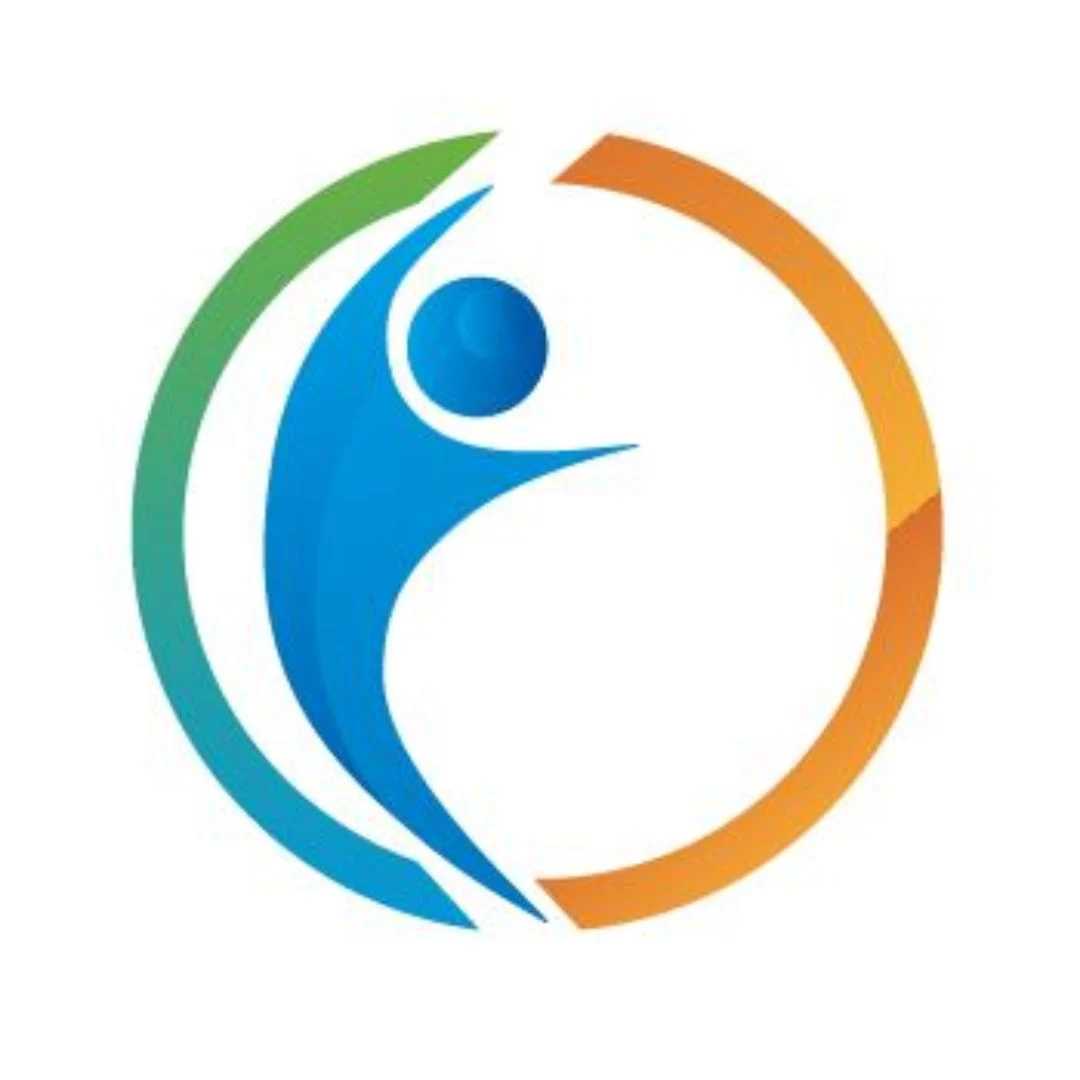
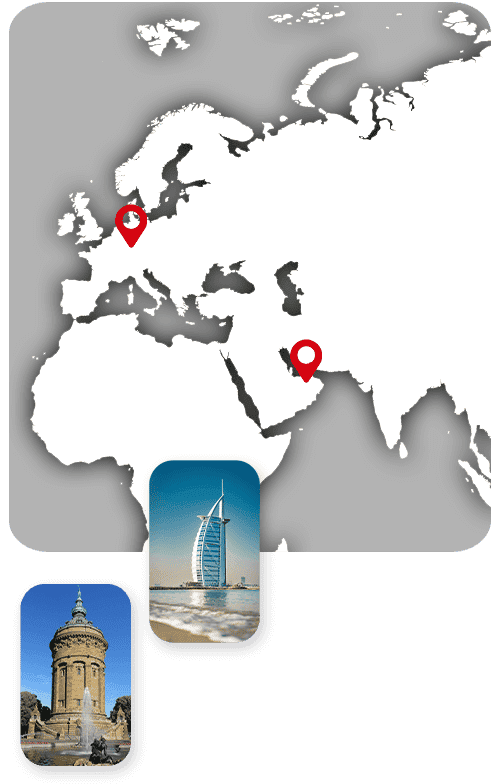
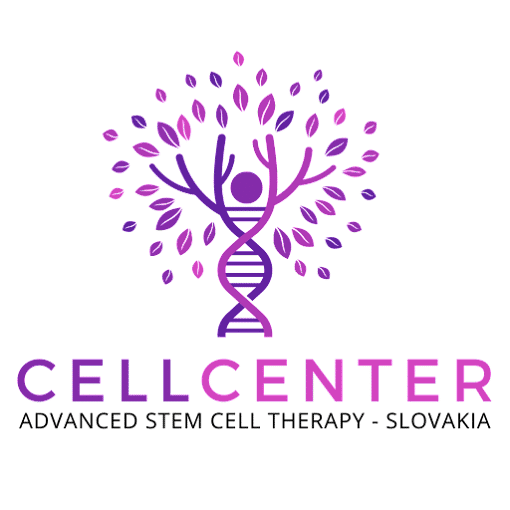
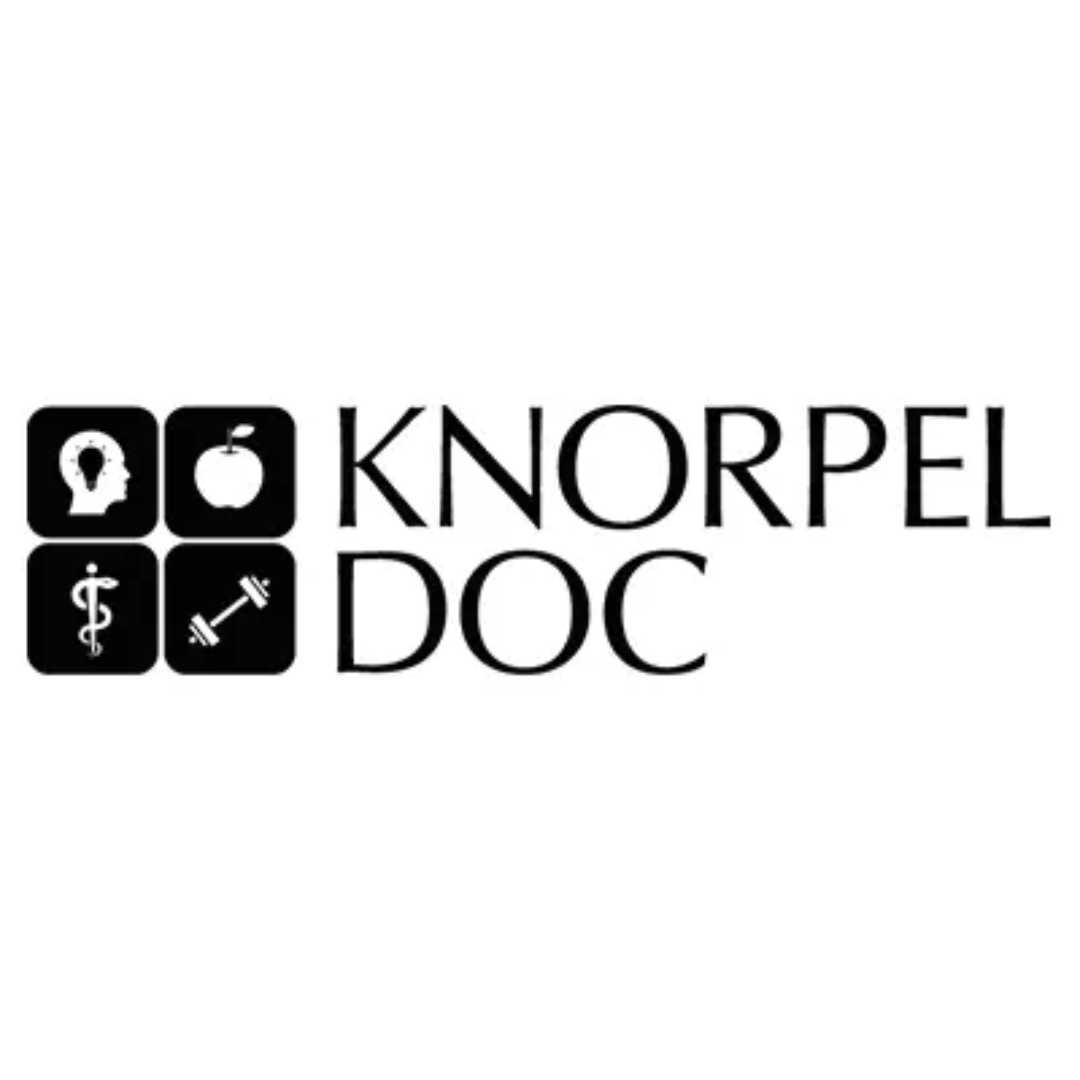

Share this listing